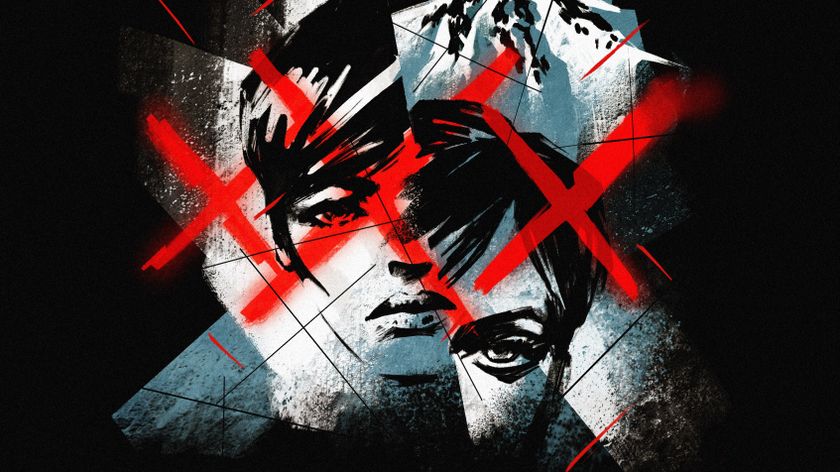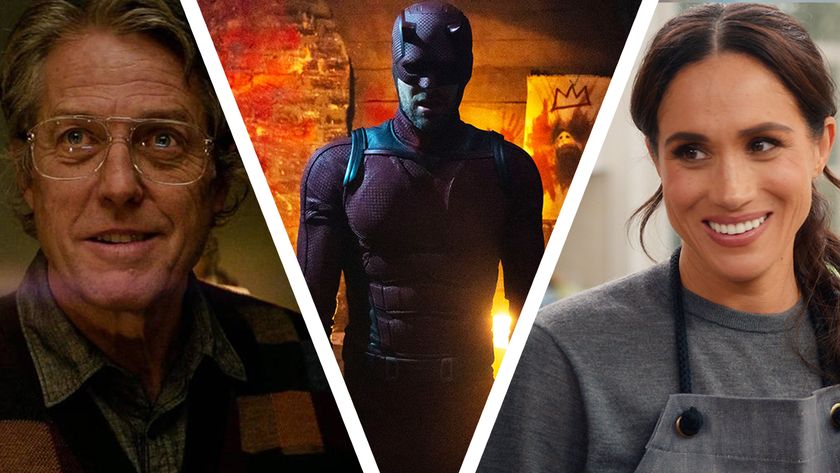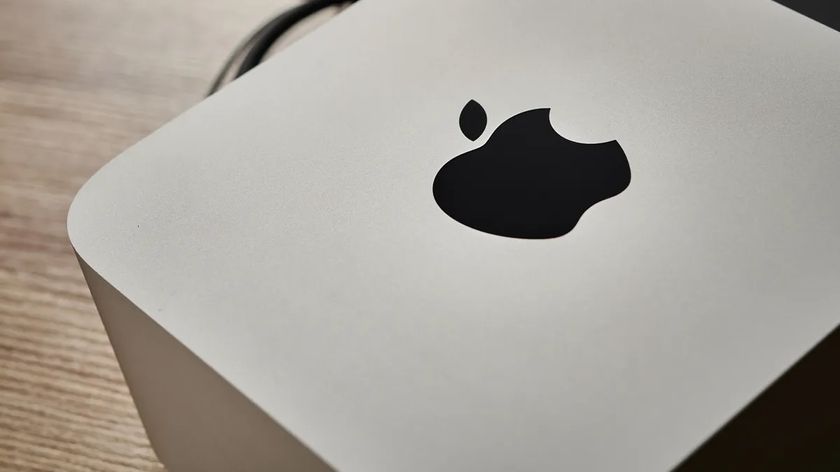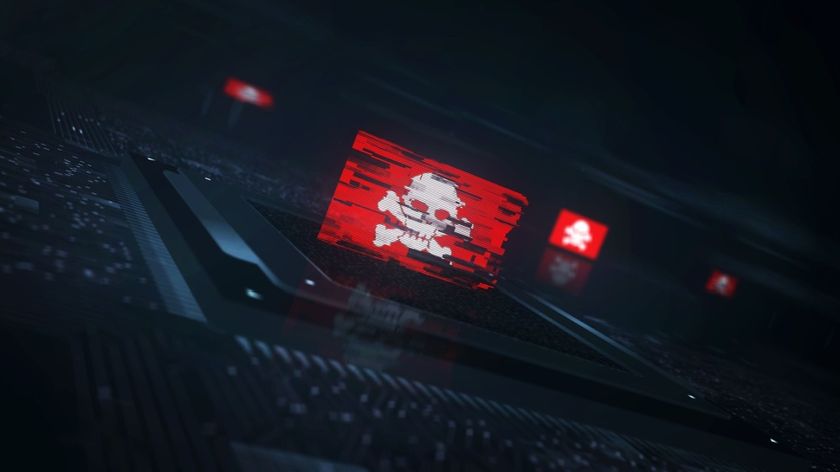The Incredible Hulk was an MCU tragedy treading all-too-familiar ground
A retrospective of the only MCU Hulk film to date
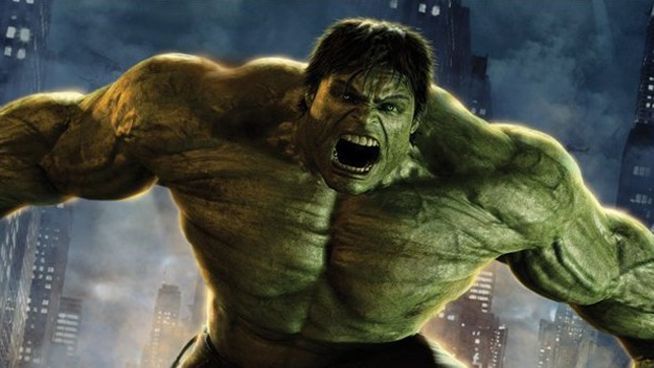
We're watching the Marvel movies in order as part of a regular features. Here's part one on Iron Man, in case you missed it. This article focuses on The Incredible Hulk, the second movie in the MCU timeline.
Looking back at The Incredible Hulk, it’s hard to believe that it’s the Marvel Cinematic Universe’s first follow up film to Iron Man. Heck, it’s even harder to believe that it’s a part of what is now a superhero movie dynasty.
If there is one thing that’s clear, this Ed Norton-starring Hulk movie is considered the redheaded stepchild of the MCU. My firm belief is that this take on the Hulk is a fine film, but I can see the missteps that led to its reputation.
- What we know about Marvel's Eternals
- What we've learned about Thor: Love and Thunder
- How to watch the X-Men movies in order
Sins turned tragedies
The Incredible Hulk is first and foremost a drama and a tragedy that feels like it’s still in the era of old superhero films. The flawed hero trope we explored in 2008’s Iron Man applies to this film as well, though it’s touched on differently. Bruce Banner’s past isn’t as checkered as Tony Stark's, but it is ruled by one great mistake. In a gamma-related experiment gone wrong, Bruce Banner transforms into a monstrous being of incredible strength whenever he gets angry. It's a moment that curses and forever changes his life. It’s a story we all know so well.
One of the great things the MCU recognizes is that most of its heroes are well-known. Enough that it doesn’t need to bog down every one of its films with a needless origin that most fans or viewers already know. A good five-minute montage tells us everything we need to know about the accident that turns Bruce into the Hulk. Meanwhile, the rest of the movie devotes its time to focusing on Bruce, who has been the Hulk for years. We watch as he struggles to stay out of reach of the military who wants to weaponize the Hulk, all while trying to find any hope of curing himself from becoming this dangerous monster that destroys everything in his path.
A danger to yourself and others
The biggest fault of The Incredible Hulk is that it takes itself too seriously. Rewatching, you’ll notice the levity found in most MCU films is almost nonexistent. There are a few moments that break the tension, but they are all too brief. The film toes the line between this gritty, dark action flick, and classic superhero romp. There are several factors that could've played into this. It could be the fact that the film was made in conjunction with Universal Pictures, or Edward Norton’s reportedly heavy involvement in the script. Either way, it’s Norton’s performance that sets the tone, focusing on drama and action.
What I found the most interesting about Norton’s Banner is how hopeful and determined he is. This is still a Bruce Banner who thinks there’s a chance that he can return to normal. From the beginning, Norton’s Banner is a desperate figure who has had to live with the danger and destruction the Hulk leaves in his wake.
Get daily insight, inspiration and deals in your inbox
Sign up for breaking news, reviews, opinion, top tech deals, and more.
It’s a sharp contrast to Mark Ruffalo’s meek and weary take on the character that we’ve come to know. What’s clear is that Norton’s interpretation takes a lot of inspiration from Bill Bixby’s turn as Dr. David Banner in The Incredible Hulk television show from the 1970s. In fact, the whole movie mimics that nomadic tale to a tee. It’s lonely, it’s sad, and you feel bad for Bruce. The film is straightforward in making sure you understand this plight. Ultimately, this approach works and, at the same time, it doesn’t. Those themes do fit the character of the Hulk but not the Hulk we want to see anymore. It doesn’t make for an engaging film, especially when you just want to see the Hulk smash things.
Flawed but not by choice
The Incredible Hulk doesn’t get anything wrong about the character. It nails Banner’s struggle and desire to protect the world from himself. It even follows the MCU’s flawed hero theme. It’s really simple. In Iron Man, Tony Stark deals with trying to be a hero while overcoming his ego and past sins. Bruce Banner, on the other hand, holds within him a monster who is prone to rage.
In fact, Banner doesn’t quite understand the Hulk himself and severely mishandles how to deal with him. He dismisses the Hulk and tries to repress him, making every subsequent Hulk out more violent than the last. The great tragedy of The Incredible Hulk is that despite Banner’s various attempts to become normal again, the painful truth is that Hulk will always be there.
As the second film in the MCU, you can clearly see the growing pains of the universe's use of special effects. The Hulk in this film isn’t exactly the pinnacle of CGI and the film itself is inconsistent with the size of the character. It seems like it was easier to create a flying suit of armor instead of a giant green monster in 2008.
When compared to the Hulk we see in the Avengers movies, it’s even less impressive by comparison. Looking past the dated CGI though, the action scenes featuring Banner hulking out are still great to watch. They carry the type of destructive action you want to see from a Hulk movie. What’s especially great is the film’s clash set piece between the Hulk and General Ross armada of soldiers at the University.
Disconnected to the MCU
The Incredible Hulk is not quite sure if it wants to be a part of the MCU, which is strange considering it’s the second entry building towards a series of connected films. As a fan of Marvel and after watching 10 years of their movies, you’re trained to spot various easter eggs. You’ll notice the various references to Shield or Captain America’s super-soldier program but they’re minimal and easy to miss. Aside from Robert Downey Jr.’s cameo as Tony Stark in the end credits sequence, where he walks up to General Ross to tell him about the Avenger initiative, it’s understandable to think that The Incredible Hulk is its own separate entity.
The film’s identity is muddled by Marvel’s loose acknowledgment of it in future films. The only main character to reprise his role from this film is William Hurt’s General Thunderbolt Ross, who doesn’t even have any interactions with Ruffalo’s version of Banner. The recasting of Ed Norton with Mark Ruffalo further stretches the MCU’s divide from The Incredible Hulk. If Norton’s Hulk is desperate and hopeful that there is a way to get rid of the Hulk once and for all, Ruffalo’s Hulk is a version of Banner who is tired and has, to some extent, accepted his fate. Ruffalo’s Hulk is troublesome and chaotic but can be seen as a force for good. His character arc in the Avengers films even leads towards the Hulk becoming a hero.
That’s the Hulk we want to see and what is missing from the Banner/Hulk dynamic in The Incredible Hulk. We get shades of the idea of Hulk as a hero throughout the film: Hulk saving love interest Betty Ross (Liv Tyler), and towards the end where the Hulk fights the Abomination and stops it from tearing apart Manhattan. The problem is that most of the film chooses to focus on Banner's struggle to cure himself rather than his journey to coexist with his alter ego, which is something that the Hulk’s appearance in future Avengers films perfects. In a way, this film taught the MCU what worked, didn’t work, and which direction to go with the character.
- What we know about Black Widow
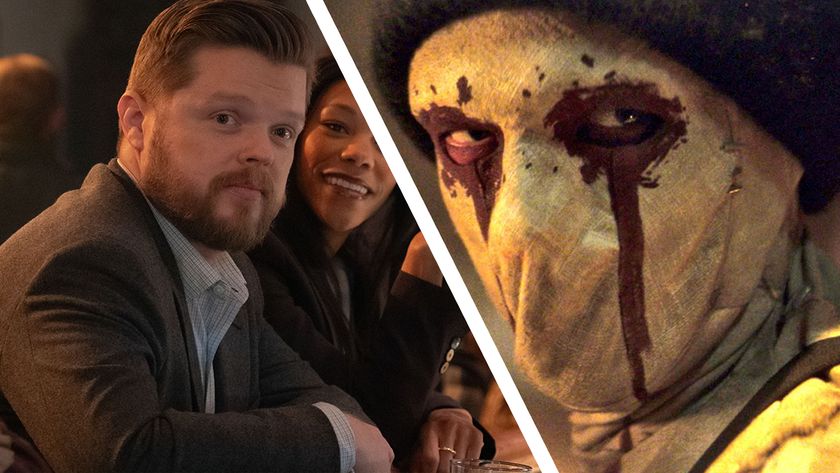
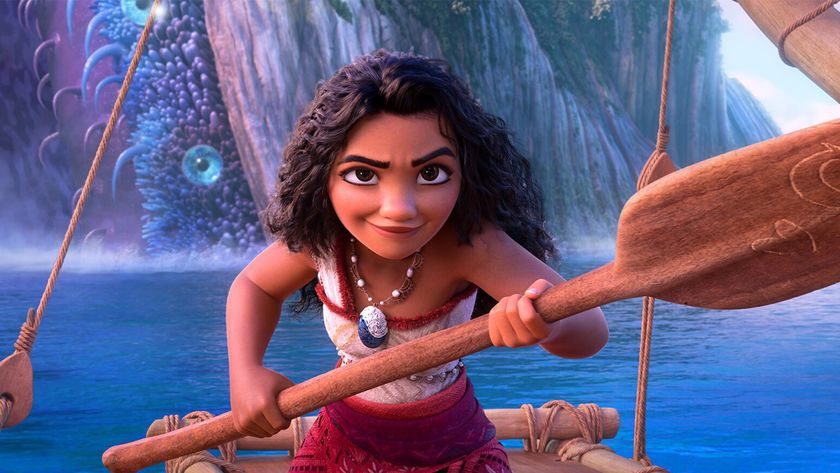
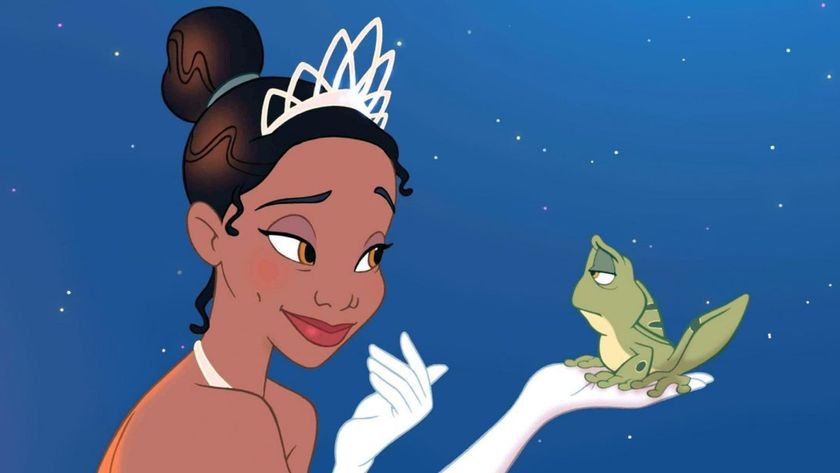
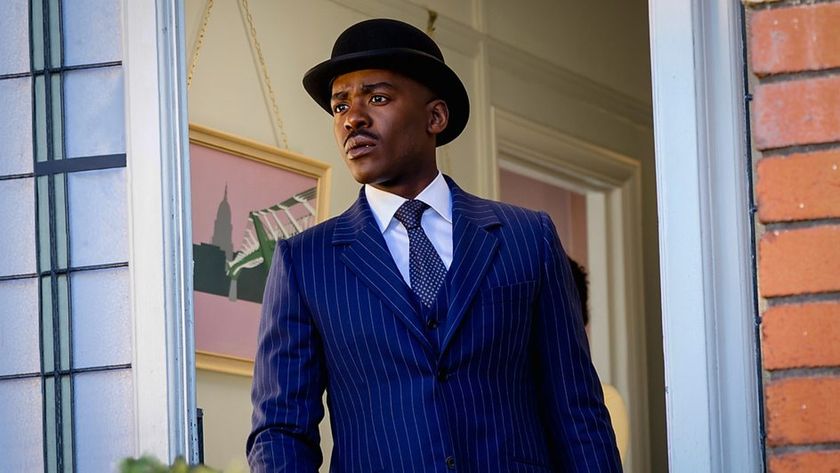
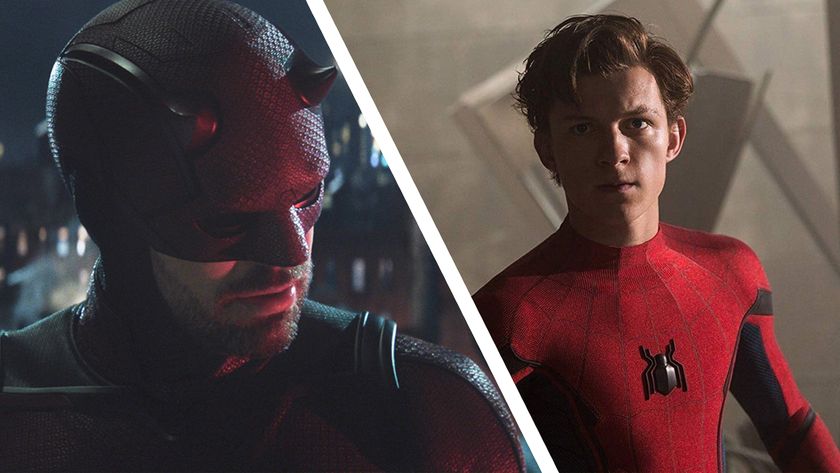
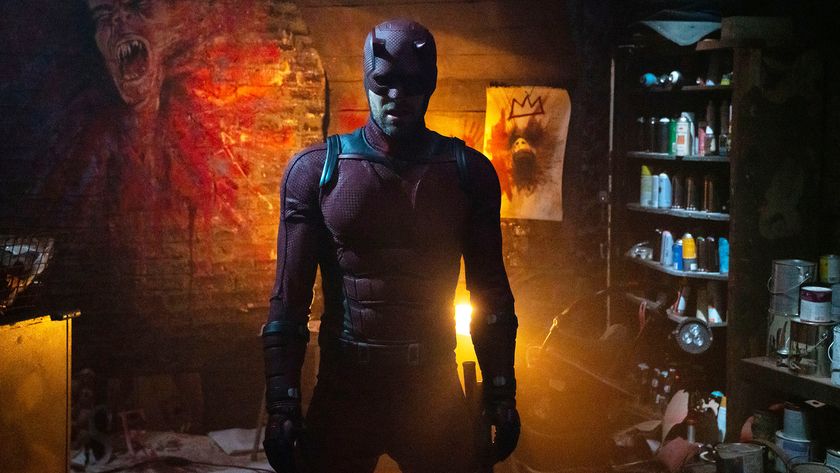

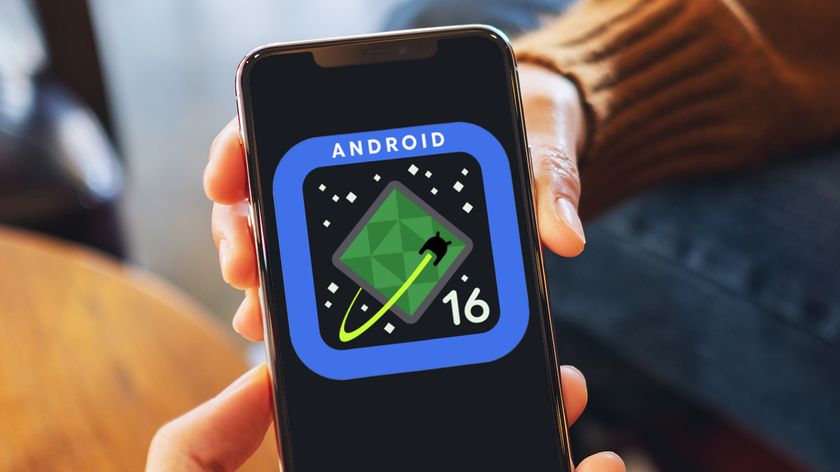


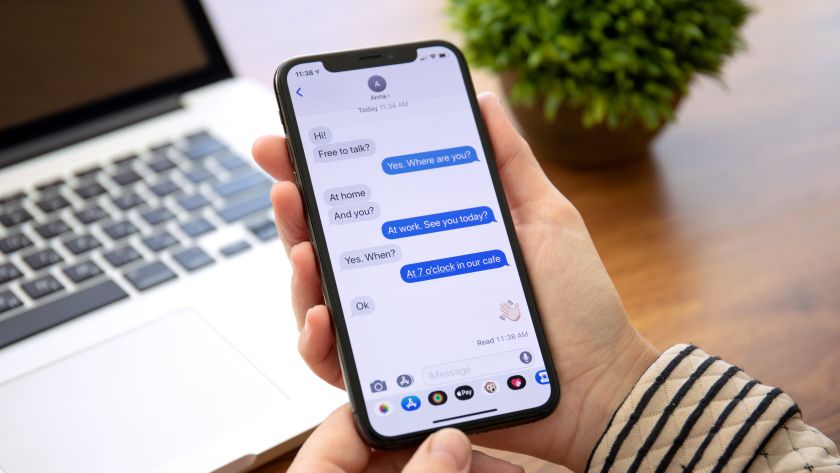


Daredevil: Born Again viewers have two wild fan theories about Foggy Nelson and Muse after the Marvel TV show's debut, but I think there's only one that might be right

Daredevil: Born Again episode 2 just gave me hope that the titular hero will join forces with Spider-Man in the MCU, but it won't happen on Disney+
